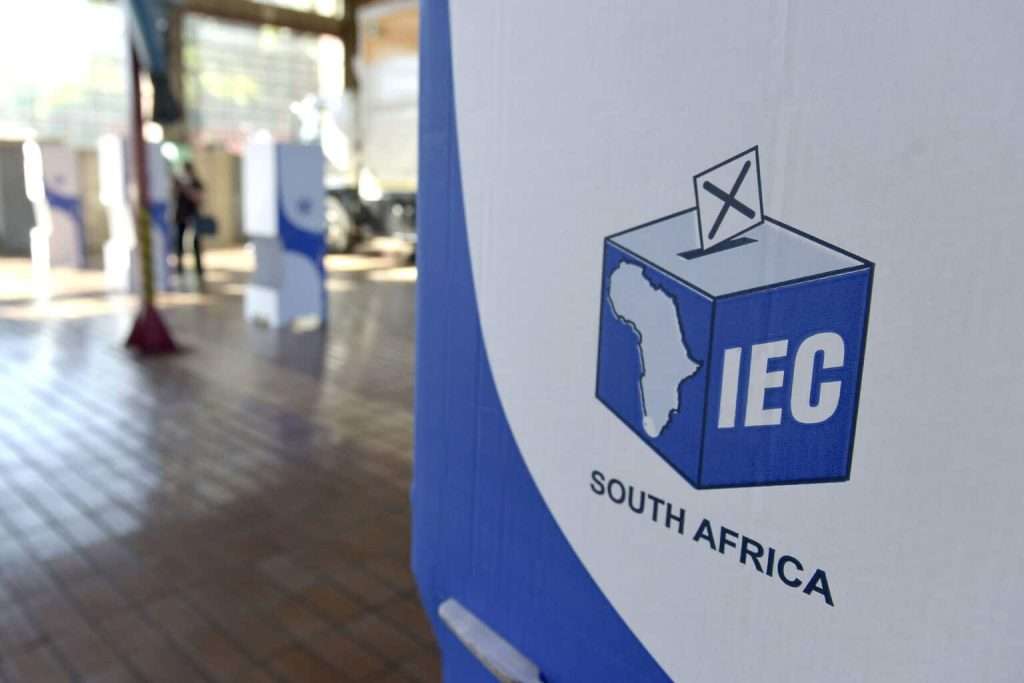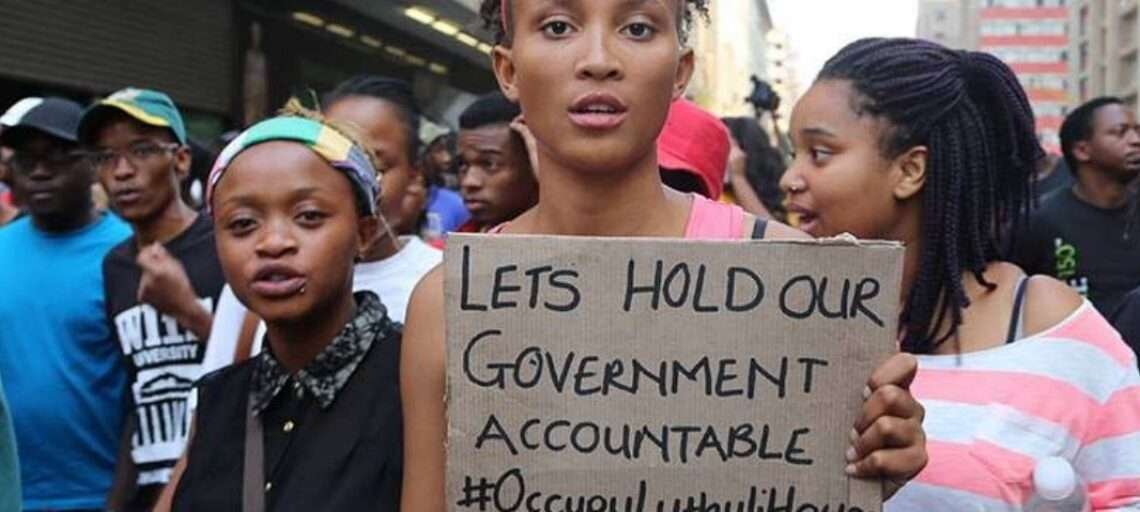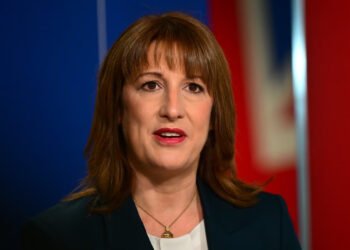As South Africa nears a crucial election, opposition parties made their final appeals to voters on Tuesday, May 28 urging a break from 30 years of African National Congress (ANC) rule.
This national election, set for Wednesday, May 29 may mark a pivotal moment in the nation’s young democracy.
The ANC, which has held power since the end of apartheid in 1994, faces unprecedented challenges as several polls suggest its support has dwindled to less than 50%.
Such a result could usher in a new era for Africa’s most advanced economy, forcing the ANC to consider coalition governance for the first time. Final election results are anticipated by Sunday, June 2.
For many younger South Africans, the ANC’s legacy as the liberator from apartheid holds little sway.
These voters, with no direct memory of the apartheid era, are increasingly looking to opposition parties that promise to address long-standing issues such as poverty, unemployment, and inadequate government services.
John Steenhuisen, leader of the main opposition party, the Democratic Alliance (DA), described the upcoming vote as “South Africa’s most consequential election in post-democratic history.”
He urged citizens to vote out the ANC to “rescue” the nation, emphasizing the critical nature of this election as he campaigned in Cape Town, a DA stronghold.
The Economic Freedom Fighters (EFF), South Africa’s third-largest party, also rallied its supporters to turn out in force. “Flood the voting stations to have our say tomorrow,” the EFF urged, highlighting the urgency felt across the political spectrum.
Despite the growing opposition, the ANC maintains it is the only party with the necessary experience to govern effectively.
“We are the only authentic political party with the capacity and experience to govern,” the ANC asserted, aiming to reassure voters of its governance capabilities.
However, opposition parties have relentlessly pointed to the ANC’s failures, citing widespread poverty, high unemployment rates, and the collapse of basic services in many communities as key reasons for a change in leadership.
Even if the ANC secures the most seats in Parliament, a majority win is far from guaranteed. Without it, the party may need to form a coalition to reelect President Cyril Ramaphosa for a second term.
This scenario is unprecedented in South Africa’s history, and it remains unclear which opposition parties, if any, the ANC might align with.
Voting commenced on Monday and Tuesday for those with special permissions, including senior citizens, military personnel, and essential workers.
Record Number of Parties Compete in South Africa’s Election
According to the Independent Electoral Commission (IEC), over 600,000 people registered for early voting. South Africa’s nearly 28 million registered voters are expected to cast their ballots on Wednesday, a national holiday, across the country’s nine provinces.

This election sees a record number of over 50 parties registered to contest, many of them newcomers, with independent candidates allowed to stand for the first time.
This has led to a fragmented opposition, further complicated by the emergence of former President Jacob Zuma’s new MK Party.
Shamiso Tebogo Bopape, a 21-year-old student at the University of Johannesburg, expressed the dilemma faced by young voters. “We don’t know who to put our trust in,” she said.
“The smaller parties haven’t been given enough power to prove themselves, so we can’t necessarily say we trust them.”
The electoral commission reported a generally smooth start to special voting, continuing South Africa’s tradition of largely peaceful and credible elections since the historic 1994 vote that ended apartheid.
However, the commission also faces challenges, including combatting election misinformation.
Recently, it debunked claims that manicured or false fingernails would prevent people from voting, clarifying that such nails do not interfere with the application of indelible ink to mark voters.
As the nation stands on the cusp of potential change, the eyes of South Africa and the world are focused on what may be a landmark election, shaping the country’s democratic future.
READ ALSO: Mahama Sounds Alarm on Ghana’s Economic Challenges



















